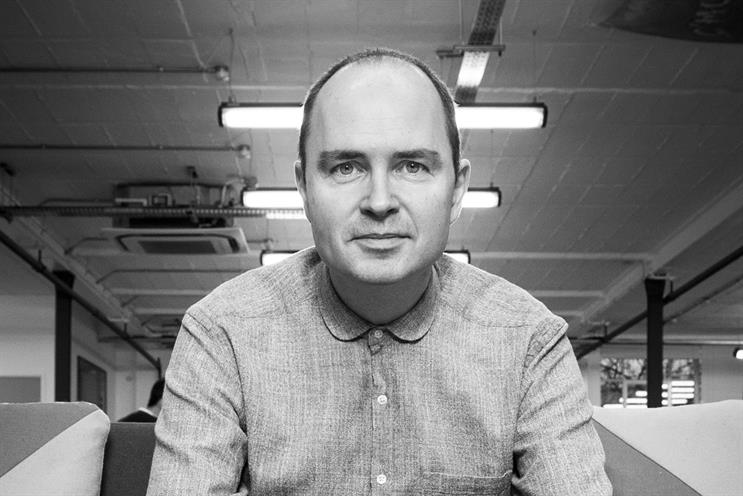We recently launched a big campaign for Co-op.
It was a unique challenge, because the organisation is highly unusual: it’s 175 years old, spans everything from food to funerals and is owned by its members. But strip away the superficial quirkiness and I think it might just hold a lesson for other brands. Maybe even for society as a whole.
Now, before you accuse me of overdosing on a certain convenience store’s own-label Kool-Aid, let me explain. While Co-op is a venerable institution, its business model and values are arguably more relevant than ever. In particular, its emphasis on co-operation for mutual benefit feels like it could have been invented for the world we now live in and the challenges we currently face.
Just the other week, a 16-year-old Swedish girl gave us a powerful warning that the current economic model of "infinite consumption" is unsustainable. Shortly afterwards, the United Nations put it in even starker terms, predicting the extinction of one million species (and the imperilment of our own) if we do not mend our ways.
Meanwhile, the wider news agenda is dominated by an apparent lack of progress on Brexit, poverty, gender inequality, religious intolerance and racial hatred. Everywhere we look, divisions seem to be widening to the detriment of all. Time after time, the obvious need for collaboration is trumped (and I use the word advisedly) by short-term, partisan greed.
Closer to home, our own industry also seems to be struggling with the ideas of co-operation or mutual benefit. Issues like brand safety, ad fraud and data exploitation have all arisen because of narrow self-interest and are only now receiving our collective attention. Marketers spend too much time pursuing internal politics or obsessing about competitors and not enough time strengthening relationships with their customers or building bridges with partners. Agencies undercut each other, squabble over responsibilities and pitch for accounts that shouldn’t be up for review in the first place. OK, in our case, there are no ice caps melting or tigers dying, but in its own little way the existential risk of this blinkered approach is just as real.
In fact, maybe I shouldn’t be so glib about our responsibility for the wider world’s ills. After all, who is stoking the demands of rampant consumerism if not us? How are the hate preachers disseminating fake news if not via the media, in one form or other? And which profession receives even lower trust ratings than the politicians we disparage? Perhaps our parochial problems are more connected to the bigger picture than we like to think.
Don’t get me wrong. I’m not queasy about selling stuff (quite the opposite; I think we should be more upfront about our commercial aim and not try to disguise it under layers of bunkum purpose). Neither do I have some strange hang-up about making healthy profits (Co-op positively depends on them, because the more value it delivers for members the more that can be ploughed back into the community). But I do think it’s time for a more fundamental look at our business models and how we work together to generate growth sustainably. And by that I mean a genuine appraisal of how we behave and the real-world impacts we have – not just the pious words we spout and the awards we can win for bolt-on corporate social responsibility initiatives.
The good news is that technology now makes genuine co-operation easier than ever and there are some amazing new companies coming through that harness the wisdom or power of the community for the benefit of many. They include peer-to-peer lending platforms, group purchasing models, ethical sharing schemes, innovative sellers’ marketplaces, employee-owned businesses and many more besides. They are all commercially ambitious and fiercely competitive (I state this confidently, since we work with some of them too). But they are also mindful of their wider responsibilities and the benefits of collaboration. At a time when the world is calling out for co-operation, we can all learn from these new players – as well as from a more pioneering organisation, founded to help people in Rochdale way back in 1844.
Andy Nairn is founding partner at Lucky Generals



